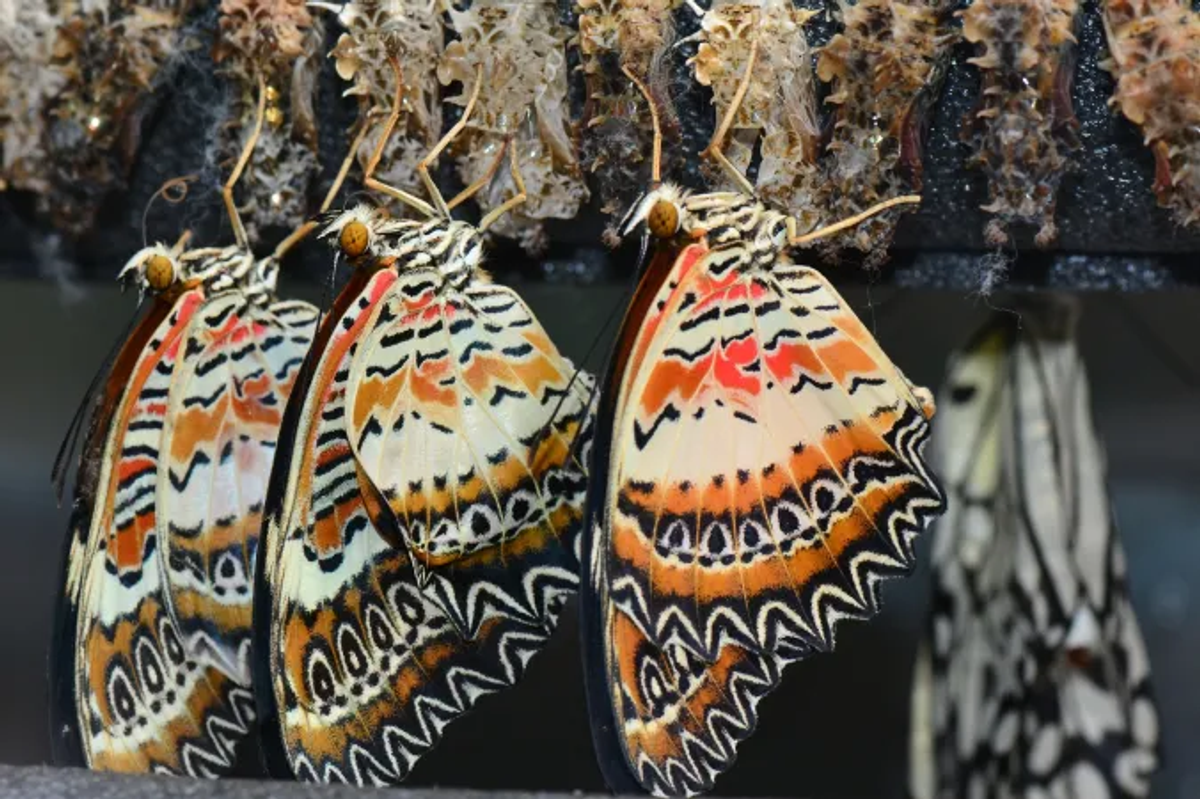Science and Engineering News
Ms Wendy Macdonald, Curriculum Leader - Science and Engineering

Science and Engineering News
Ms Wendy Macdonald, Curriculum Leader - Science and Engineering
William Davis and Ruben Smythe (Year 11 UQ Science Ambassadors)
A new year has arrived! From the Year 11 UQ Science Ambassadors team we would like to welcome you back by having a look at what’s on in science this week, and some exciting developments that occurred while we were away. This term we have much to look forward to. Every Thursday afternoon meet Mrs Dekkers and some keen science boys from all age groups located at the science building, for an amazing afternoon filled with fun and engaging science practical activities. In the past, we have hosted activities such as:
This Thursday 6 March 2025, the College will host the Head of College tours, and the science department is excited to open our labs to prospective families. Join us for captivating science demonstrations presented by the Year 11 UQ Science Ambassadors, showcasing a variety of scientific concepts and highlighting the diverse opportunities available at Marist College Ashgrove.
Quite the achievement was made recently, that we would like to share with you! For the first time, MIT scientists have engineered a way to watch and record those microscopic scales as they grow and tile themselves on a developing butterfly inside its chrysalis (chrysalis definition: Hard-shelled pupa of a moth or butterfly).


Reference: (Hannah Seo, Nov 23, 2021)
By employing a technique called speckle-correlation reflection phase microscopy, they were able to create detailed, three-dimensional maps of the scales without damaging the delicate wing cells. This new approach allowed the scientists to watch the development of the scales, revealing that the scales lined up forming special wavy patterns instead of just getting wrinkled.
Unlike many insects that get their colours from pigments, butterflies like the painted lady (Vanessa cardui) get their bright colours from the tiny scales on their wings. These scales not only create unique patterns but also help keep them warm and protect them from the environment.
The research published in the Proceedings of the National Academy of Sciences, (New Life for Old Malaria Drug, 2014), helps us learn more about butterflies and could also impact material science. The special features of butterfly scales, like being water-resistant and helping with temperature control, might inspire new inventions in the future, like cars or buildings adapting to the weather conditions they are in.
You can read more about this achievement in the National Academy of Sciences press release:
A new technique reveals how butterfly wings grow into shimmery wonders
With these exciting developments in science, the upcoming Head of College tours, and weekly science club activities, 2025 is shaping up to be exciting for the world of science at MCA!
Science and Engineering (Wendy Macdonald)
Opportunities for students:
29 June - 02 July 2025, Expressions of Interest (EOIs) open now
FEAST is a 4-day residential program for Year 11 and 12 students where they explore the fascinating fields of agriculture, animal science, and plant science at our Gatton campus. Students experience what it’s like to be a UQ student by participating in hands-on workshops led by our passionate students and staff! Find out more about FEAST.
Don’t forget the World Science Festival Brisbane is just around the corner. It runs from 21 – 30 March. Check out the program here: Events - World Science Festival Queensland. There are a lot of fabulous weekend events for the whole family to enjoy.